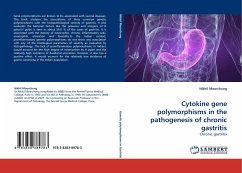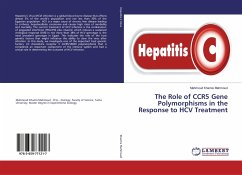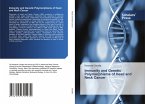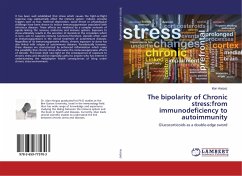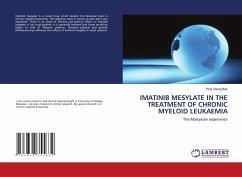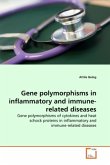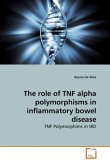Gene polymorphisms are known to be associated with several diseases. This book analyses the associations of three common genetic polymorphisms with the histopathological severity of gastritis. It also evaluates the bacterial factors like the presence and antigens of H pylori.H pylori is seen in about 56.6 % of the cases of gastritis. It is associated with the density of neutrophils, chronic inflammatory cells, eosinophils, ulceration and foveolitis.In the Indian context, proinflammatory genetic polymorphisms do not show any association with any of the histological parameters of severity as evaluated by histopathology. The lack of proinflammatory polymorphisms in Indians would account for the high degree of colonization by H pylori and the relatively high incidence of duodenal ulceration. However, it also has a positive effect: it would account for the relatively low incidence of gastric carcinoma in the Indian population.
Bitte wählen Sie Ihr Anliegen aus.
Rechnungen
Retourenschein anfordern
Bestellstatus
Storno

